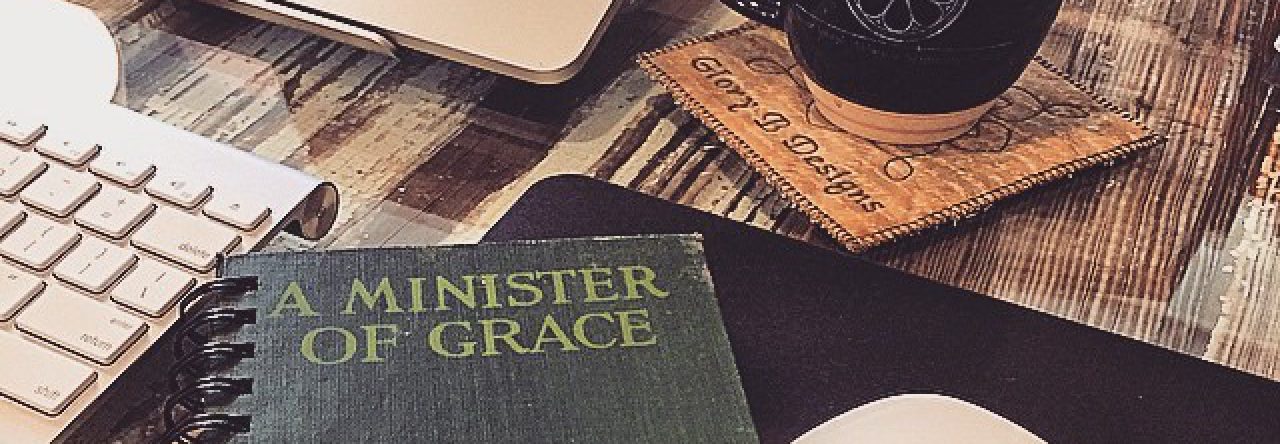
I am a sinner. I do things that I should not do and leave things undone that I should do. Often I only consider myself when making decisions, when engaging others, and when speaking about God. The fruit looks inticing, God might not be trustworthy, my selfish desires often convince me that there is nothing wrong with me following my every whim. I look around and again I am shocked at my capacity to be an agent of brokenness, hurt, and division.
The more stories I hear, the more I pay attention around me, the more I recognize that I am not alone in my brokenness, that all creation seems to be groaning for wholeness. All of creation bound, in need of freedom, in need to be redeemed.
I am thankful that God chose to provide a path to our redemption. It was an risky path, one that required taking on our human form. Choosing a messy holiness (a messy set apartness) instead of choosing perfection, cleanness, neatness, and power. As Paul tells us:
Though He was in the form of God,
He chose not to cling to equality with God;
But He poured Himself out to fill a vessel brand new;
a servant in form
and a man indeed.
The very likeness of humanity,
He humbled Himself,
obedient to death—
a merciless death on the cross!
So God raised Him up to the highest place
and gave Him the name above all.
So when His name is called,
every knee will bow,[a]
in heaven, on earth, and below.
And every tongue will confess
“Jesus, the Anointed One, is Lord,”
to the glory of God our Father!
Philippians 2:6-11 (The Voice Bible)
Our conviction about our “bent to sinning” and the recognition of our brokenness, should be the catalyst for our growing in humility. Our inability to make our selves whole, our inability to manufacture transformation, our inability to end the enmity that plagues our world, should convict us again and again of our dependence on God and our commonality with one another. It should push us to a willingness to come alongside the other, listen to their story, and begin to build community, a beloved community, a community of saints and sinners. A community willing to do what God has done again and again, giving power away, being poured out, dying again and again to self while being born again and again to new life, whole life, abundant life.
This morning Bishop Sally Dick (you can read her sermon here) called us to “Go, learn mercy.” Mercy coming from our encounter with it, from our humble recognition of our need for grace. She stirred us up, made us uncomfortable, and challenged us to stop obsessing about the other’s sin and to begin to pay attention to ours. She called us to a willingness to enter a messy holiness so that we as a body could experience salvation.
As we continue in conversation as a church I recognize that this time together can be sanctifying. Us learning to hear each other, us making space for one another in the midst of disagreement, us learning to enter the messiness of our lives (in the messiness of our sin) and humbling ourselves, offering ourselves mercy, and learning to grow in God’s love in spite of disagreement.
The practice for this kind of sanctifying life begins in our local congregations. Can we make spaces where our brokenness is acknowledge, where humility is modeled, and where mercy is practiced? Can we learn to listen and learn to talk to one another in ways that respects the other’s dignity? Can we practice disagreeing with one another in ways that do not question the other’s motives? In ways that does not seek to convince, persuade, or prove wrong?
Broken people, humbly learning mercy and practicing God’s messy holiness . . .
